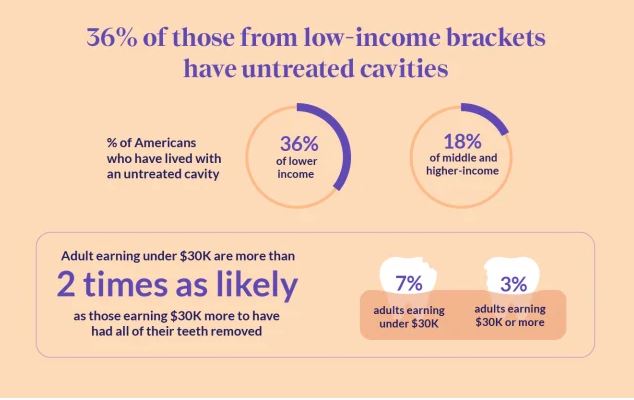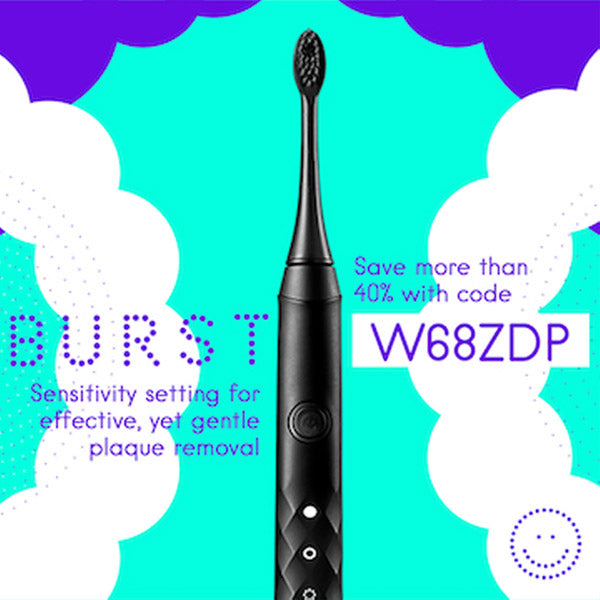The dental divide: How race and insurance affects your oral health

Written by Dawn Teh, https://healthmatch.io/

Having good oral health isn't just about strong teeth and gums. It can affect our socio-emotional and psychological health, along with our general wellbeing. Four out of ten middle-aged adults in the US report that dental issues cause pain, problems with eating, and missing out on work. For kids, it can affect school participation and overall development.¹ ²
Furthermore, oral health can play a key part in affecting the rest of our body too.³ If you think about it, the mouth is actually the gateway to your respiratory and digestive systems. So whatever bacteria is found orally can move downward to other organs and potentially cause disease.³
Despite the importance of taking care of our oral health, not enough American adults are following the recommended guidelines of seeing a dentist every 6 months (twice a year). According to the Centers for Disease Control and Prevention (CDC), a 2019 survey found that only 64.9% of adults in the US visited a dentist over the previous year. In contrast, people in the Netherlands visit the dentist an average of 3 times a year.⁴ ⁵ Furthermore, a 2019 survey found that only 30% of the US population floss daily, and about the same percentage of people brush their teeth less than twice a day.⁶ ⁷

According to experts, there are many reasons for oral health neglect. And this includes social, biological, and cultural reasons. But data collected over the years show that certain groups of people are disadvantaged when it comes to receiving appropriate oral health care. It seems that wealth, race, and insurance have a part to play in it.⁸
The oral healthcare divide
Socioeconomic disadvantages: Getting oral health care is expensive
One of the biggest barriers to receiving oral health care is cost. For many people in both the developing and developed world, it's relatively expensive to get oral health treatment. And in many cases, it's usually not part of universal health coverage (UCH) schemes. According to the World Health Organization (WHO), dental treatment works out to be about 5% of people's total health expenditure for those in high-income countries. And forms about 20% of their out-of-pocket health payments.⁹
It's no wonder that a survey by Health Affairs involving 14,962 American adults showed that cost is the most cited reason for not visiting the dentist within the previous year.¹⁰





